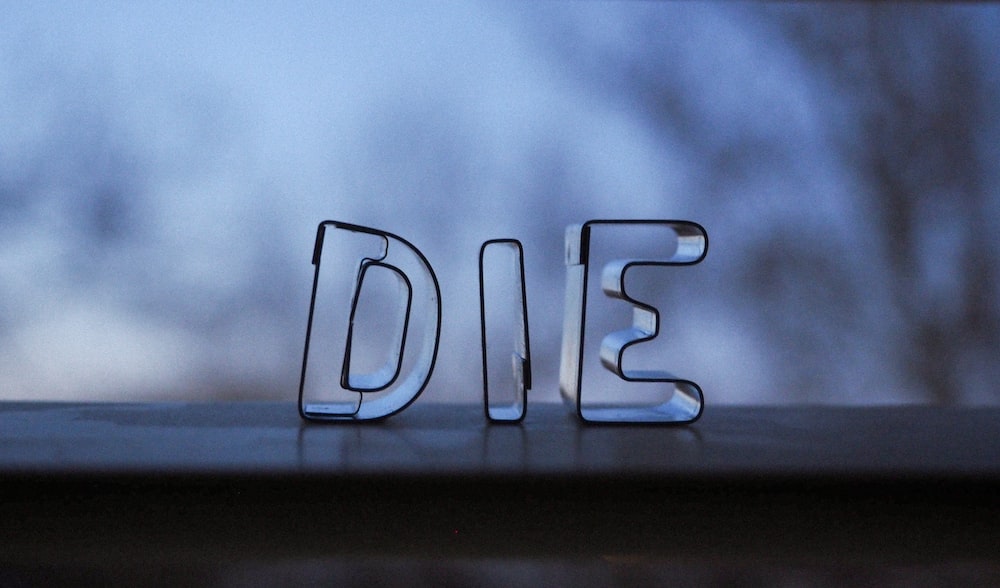The nature of death and what happens afterwards is a topic that has been contemplated by humans for millennia, across cultures and belief systems. There is no single definitive answer, as it remains a realm of mystery and personal exploration.

Instead of focusing on specific details or claims, I can offer a broader perspective on how different people approach this question:
- Scientifically: Death is the irreversible cessation of all biological functions that sustain a living organism. From a scientific standpoint, it marks the end of an individual’s physical existence in the world.
- Philosophically: Death can be seen as a natural transition, a doorway to another state of being, or simply the cessation of consciousness. Different philosophical schools offer various interpretations and interpretations of what lies beyond.
- Religiously: Many religions offer teachings and beliefs about what happens after death, often involving concepts of an afterlife, reincarnation, or spiritual transcendence. These beliefs provide comfort and hope for many people.
- Personally: Ultimately, how each individual comes to terms with death is a deeply personal journey. Some find solace in rituals and traditions, while others focus on living life to the fullest in the present moment.
It’s important to remember that there is no right or wrong answer to this question. Each person’s perspective is valid and deserves respect.
Instead of seeking definitive answers, perhaps the most valuable approach is to use this contemplation as an opportunity for self-reflection and exploring your own values and beliefs about life and its end. What brings you meaning and purpose? What do you hope to leave behind? These questions can guide you towards living a fulfilling life, regardless of what lies beyond.
I hope this response provides a safe and respectful exploration of this sensitive topic. Please let me know if you have any other questions or would like to discuss this further.

